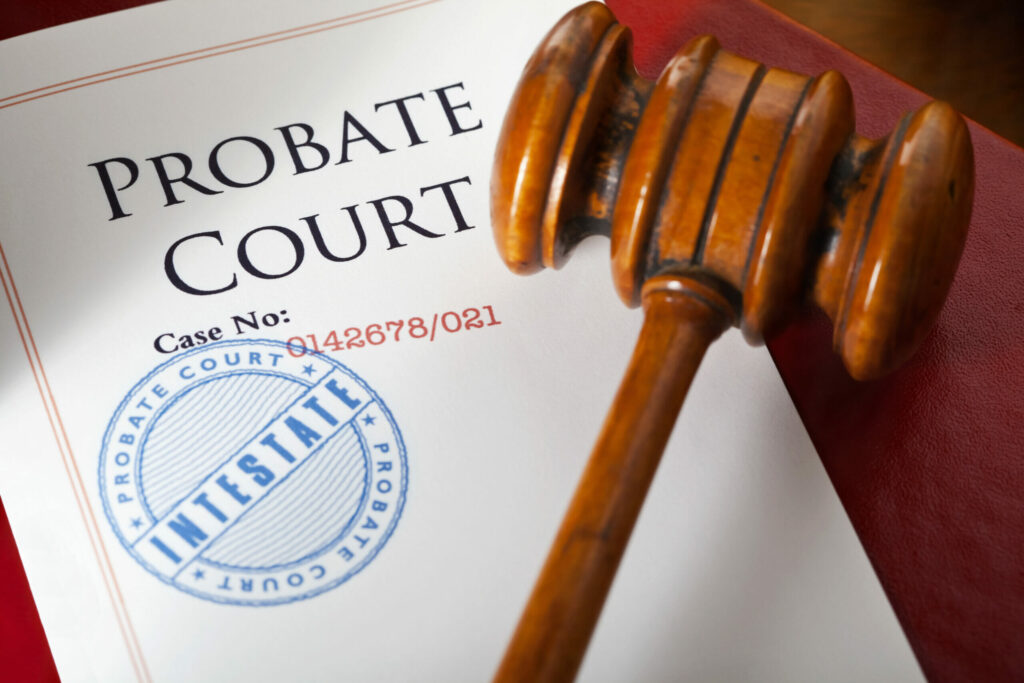Dealing with the death of a loved one is never easy, and it can be even more difficult when that person has passed away without a will. When a person dies without a will, the situation is referred to as dying intestate. This can be a complicated and stressful situation for the family and friends left behind, as the distribution of the deceased’s assets will be determined by the laws of the state in which they lived. It’s important to understand the legal and personal implications of dying intestate.
Assets are distributed according to state law
When a person dies intestate, the distribution of their assets will be determined by the laws of the state in which they lived. These laws dictate who will inherit the deceased’s assets and in what proportion. In most states, the assets will be divided among the deceased’s closest relatives, typically in the following order: spouse, children, grandchildren, parents, siblings, and other relatives.
An administrator is appointed
If a person dies intestate, the court will appoint an administrator to handle their affairs after their death. This person is usually a close relative or someone who has a personal relationship with the deceased. The administrator is responsible for managing the deceased’s assets, paying any outstanding debts, and distributing the assets according to the laws of the state.
Probate may be required
When a person dies intestate, their assets may need to go through the probate process. Probate is the legal process by which a deceased person’s assets are distributed and any outstanding debts are paid. The probate process can be time-consuming and expensive, and it may take several months or even years to complete.
Potential disputes among heirs
When a person dies intestate, the distribution of their assets may be the subject of disputes among their heirs. This can be especially difficult when there are multiple heirs who have conflicting interests or when the deceased had a large estate. In these cases, it may be necessary to hire an attorney to help resolve the disputes.
Estate taxes may be owed
In some cases, the deceased’s estate may owe estate taxes to the government. Estate taxes are taxes that are levied on the value of a person’s assets when they die. The amount of estate taxes owed will depend on the value of the estate and the laws of the state in which the deceased lived. If the estate owes estate taxes, the administrator will be responsible for paying them out of the deceased’s assets.
Personal property is not always addressed
In many cases, dying intestate can lead to the distribution of the deceased’s financial assets, but the personal property is not always addressed. Personal property includes items such as jewelry, furniture, and other items of sentimental value. If the deceased had specific items that they wanted to go to specific people, these wishes may not be honored if they died intestate.
The process can be time-consuming
The process of distributing a deceased person’s assets when they die intestate can be time-consuming and emotionally draining for the family and friends left behind. It may take several months or even years to complete, and the process can be complicated and stressful for those involved.
If you are an heir to an estate of someone who died intestate, the executor or someone from the court will eventually contact you. It’s a good idea, however, to be proactive and contact the court that is handling the probate case to let them know who you are and provide your contact information.
Dying intestate can have significant legal and personal implications for the family and friends of the deceased. It’s important to understand the laws of the state in which the deceased lived, as this will determine how their assets will be distributed. If you find yourself in this situation, it’s recommended that you seek the advice of an attorney to help guide you through the process and ensure that the deceased’s assets are distributed according to their wishes, or as required by law.


